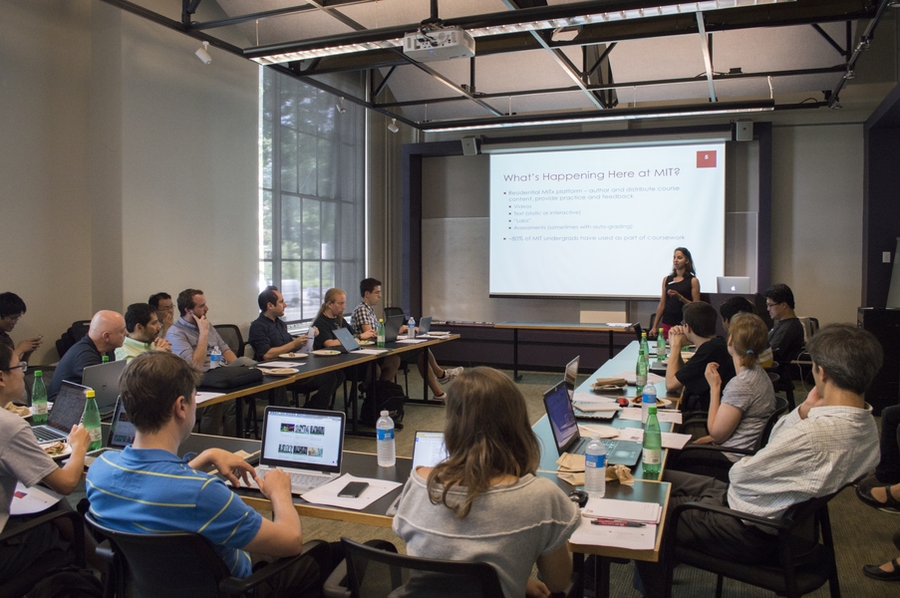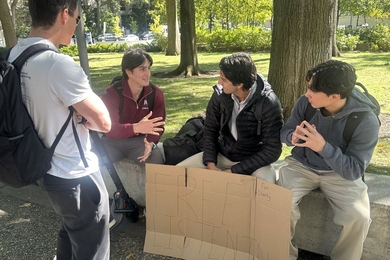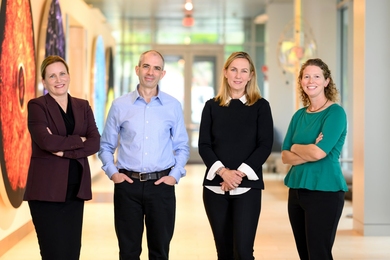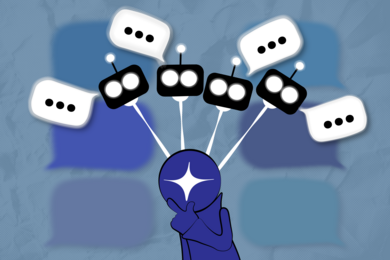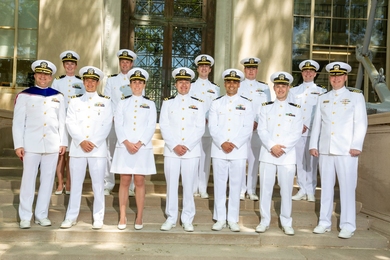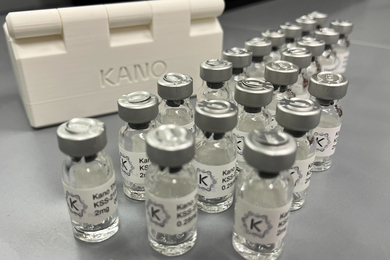The Association of American Universities (AAU) has awarded MIT and 11 other universities small grants that aim to advance efforts to improve undergraduate education in STEM fields (science, technology, engineering, and mathematics). The grants are part of the AAU Undergraduate STEM Education Initiative, created in 2011 to encourage universities to use teaching practices in STEM education that have been proven to be effective in engaging students and helping them learn.
At MIT, a $20,000 AAU grant will be used to develop and share cross-disciplinary, evidence-based teaching practices. The two-year project will be led by Professor Dennis Freeman, who, as dean for undergraduate education, has pledged to match another $20,000 for the program; Janet Rankin, interim director of the MIT Teaching and Learning Laboratory (T+LL); and Dipa Shah, associate director of T+LL.
“We are very excited about the opportunity to work with MIT faculty and instructors to disseminate and implement evidence-based teaching strategies here at MIT,” Rankin says. “The Institute has so many committed teachers, and this project will provide opportunities for them to share their best practices and work collaboratively with colleagues to enrich teaching and learning at MIT.”
This spring, the project leaders will assemble a Dean’s Action Group of 12 faculty and instructors from across the Institute, a mix of those who currently use evidence-based teaching practices (practitioners), and those who do not (novitiates). By design, members of the group will be drawn from faculty and instructors teaching General Institute Requirements and large-enrollment sophomore engineering subjects. “Thousands of MIT students are likely to be impacted by the work of the group,” Rankin says.
The Dean’s Action Group will meet monthly to discuss teaching cross-disciplinary concepts; pedagogical approaches that encourage deep learning in students; and cultural and organizational norms within departments that can support this work. Members will also observe others in the group teach classes using evidence-based practices. Ultimately, each member will draw on what they learn in the Dean’s Action Group to create and implement a plan to help to students learn a cross-disciplinary concept in their course.
While undergraduate education reform efforts at MIT are not new, many of the projects currently underway are isolated within departments, according to Rankin. “It is precisely this compartmentalization that the Dean’s Action Group is designed to address,” she says.
T+LL will facilitate the group and catalog the evidence-based teaching practices used by members. To ensure wider distribution to MIT faculty and the broader community, T+LL will publish a blog, offer a series of campus-wide seminars, post videos of faculty engaged in evidence-based teaching, and make available its concept-mapping software, Vinculum.
“We are fortunate to have remarkable faculty who continue to make significant contributions to teaching and learning across the Institute,” says Freeman. “We are excited by the potential for cross-fertilization by convening a forum to exchange ideas and collaborate to enhance the educational experience of our students.
Other recipients of the AAU grants are the Caltech; Cornell University; Iowa State University; McGill University; University of Texas at Austin; University of California at Irvine; University of California at Los Angeles; University of Kansas; University of Missouri at Columbia; University of Virginia; and Yale University.
Members of the MIT teaching community who are interested in participating in the Dean’s Action Group can contact the Teaching and Learning Laboratory.
